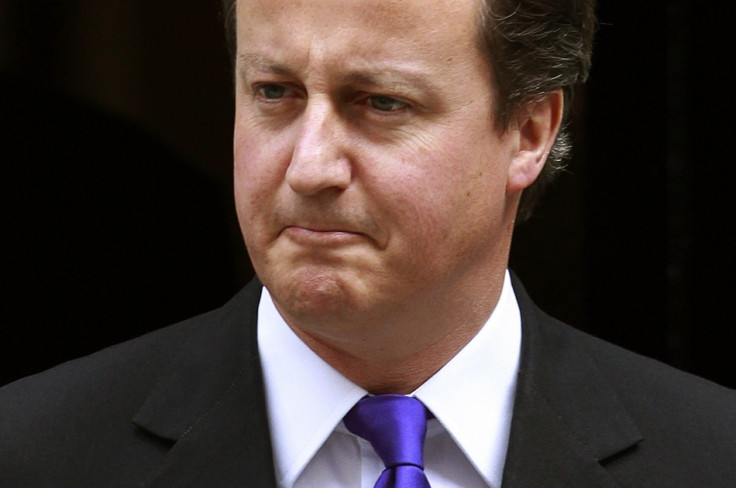Why David Cameron is Wrong to Shun a Vote on Britain’s Future in the European Union

A senior aide to Prime Minster David Cameron has rejected calls for a vote to be held on Britain's future in the European Union.
Anita Sega, president of the society for graduates at Oxford University has written to the Prime Minster accusing him of 'betrayal' for failing to deliver on one of his key manifesto pledges.
Laurence Mann has said that the government has a clear position that remaining within the European Union was the right thing for Britain. The government has argued that although the EU was not a perfect system it was right to stay within the framework of it to be able to reform it rather than simply leaving the economic and political union.
The news that the government has no plans for a referendum has sparked fury amongst members of the right of the Conservative Party and other right wing political groups. Eurosceptic's on the right of David Cameron's political party have been enraged after the government claimed that Britain should remain in the EU because Brussels bureaucrats have done "useful work" on climate change and global poverty.
Leading Eurosceptic Douglas Carswell, a Tory MP, has campaigned for an in-out referendum vote and does not believe a vote in 1975 should be used as a mandate for the new expanding European Union. "We had a referendum on that issue in 1975, which produced a very clear result. There is also one argument, in particular, against holding such a referendum that we find irrefutably powerful, namely that most people in our country want to say neither 'yes' to everything from the EU, nor 'no' to everything," he told the Mail.
Does the British population really buy the idea that Britain is better off in the European Union that out of it? Is it not the case that both MP's and MEP's prefer highly paid jobs in Brussels without having to work hard for votes? Turn outs in British European elections are appalling across the country, suggesting the discontent British people have for the European Union. Does the public buy the argument that pushing through the EU South Korea Free Trade Agreement will create big opportunities for British businesses?
Anybody under the age of 52 was not eligible to vote in the 1975 referendum and the government is choosing to ignore a huge chunk of the British population which appears to favour withdrawal. The Prime Minster has one again given too much allowance to the pro European Liberal Democrats and has shown he does not possess the ability to follow through his convictions. What is clear is that British people want a say on the country's future EU membership, more than they had ever expressed an interest in voting reform.
As the EU changes, the 1975 referendum becomes less and less meaningful. What people voted for then is different to what people have now. The EU has moved from a trading block to a powerful political institution. Do the British public want any part of what the EU has to offer in 2011? Unfortunately, it seems we will never find out.
© Copyright IBTimes 2025. All rights reserved.





















